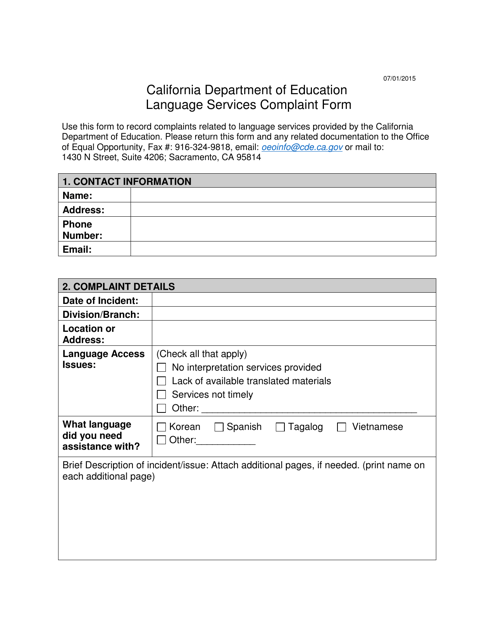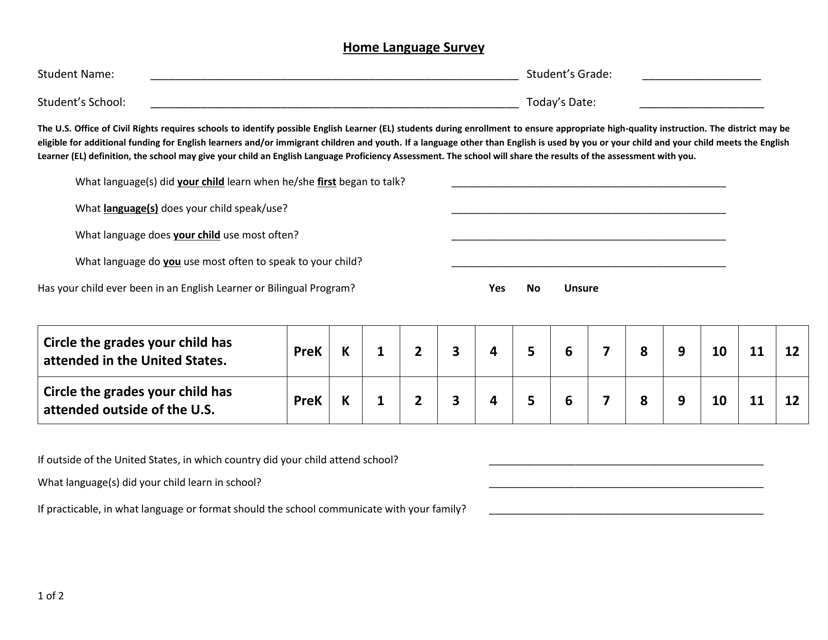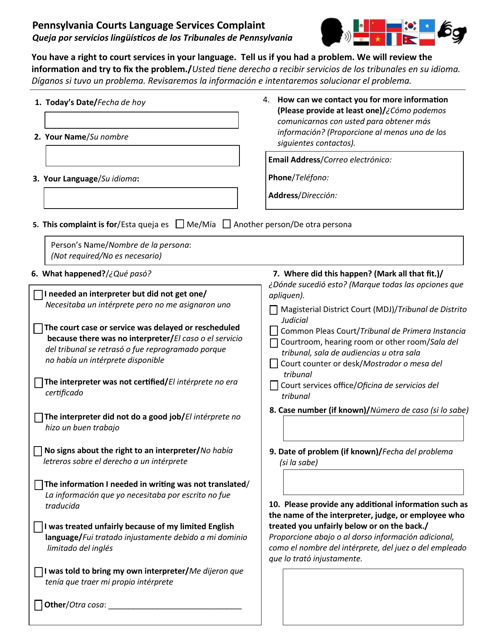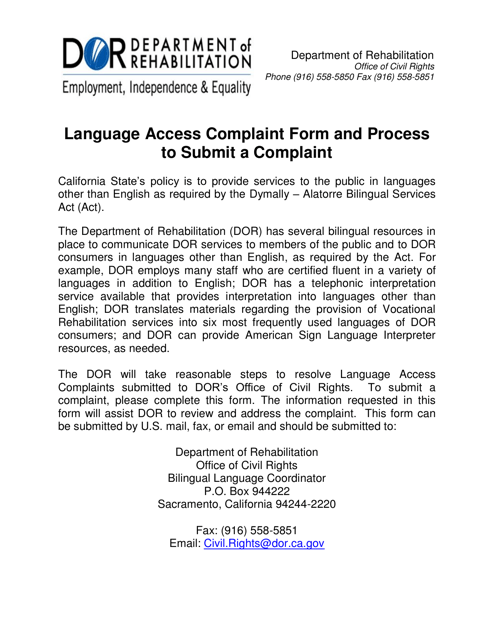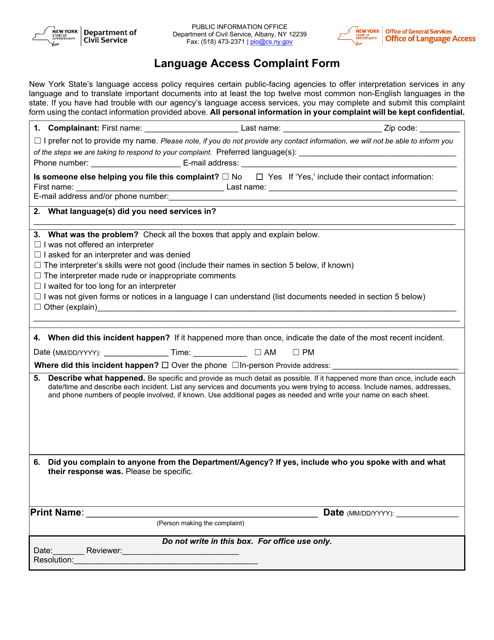Language Policy Templates
Are you struggling with language barriers in your community? Looking for ways to promote inclusivity and ensure equal access to services for all residents? Look no further than our comprehensive collection of language policy documents. Whether you refer to it as language policy or use one of its alternate names, this extensive repository is designed to help you address language-related issues effectively.
Our language policy documents cover a wide range of topics and address the diverse needs of communities across the United States and Canada. From complaint forms that allow individuals to report language-related concerns to surveys that gather important data on home languages, these resources will empower you to create a more inclusive environment.
In jurisdictions such as California, Pennsylvania, North Dakota, and New York, our language policy collection has proven invaluable in promoting language access. Ensuring that individuals can communicate effectively and receive essential services in their preferred language is crucial for fostering a sense of belonging and equal opportunity.
Our language policy documents are carefully curated to provide you with the necessary tools and information to develop effective language policies that align with your community's unique needs. Don't let language barriers hinder progress and inclusivity within your community—explore our comprehensive language policy collection today.
Documents:
5
This Form is used for submitting a complaint about language services in California.
This document is used for determining the primary language spoken at home by students in North Dakota.
This document is a complaint form for reporting language services issues in Pennsylvania courts. It is available in both English and Spanish, allowing individuals to file complaints about a lack of language services during court proceedings.
This form is used for filing a complaint about language access issues in California.
This document is used for filing a complaint regarding language access issues in New York. It allows individuals to report instances where language services were not provided or were inadequate.

